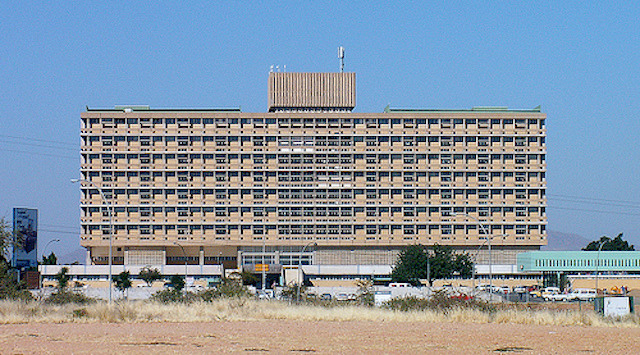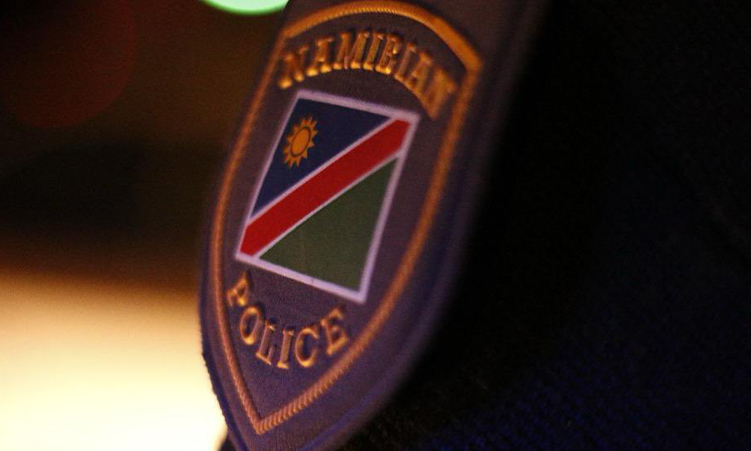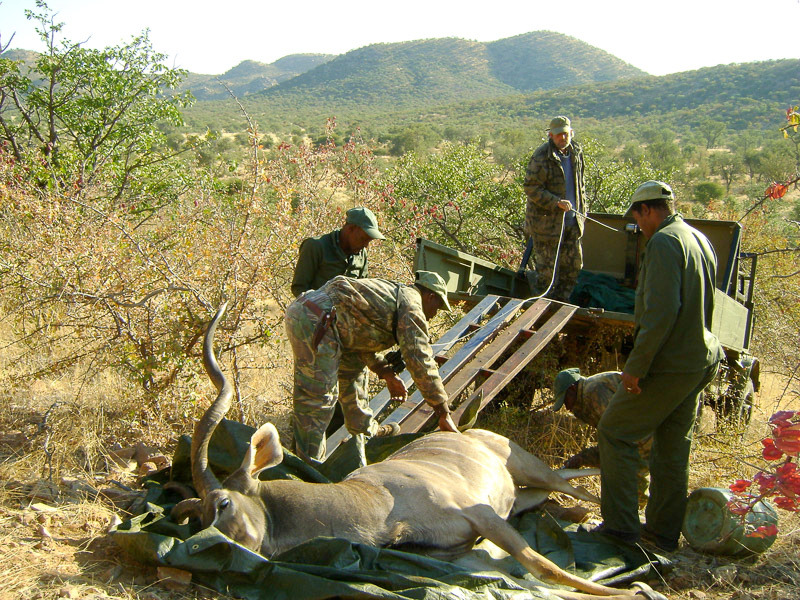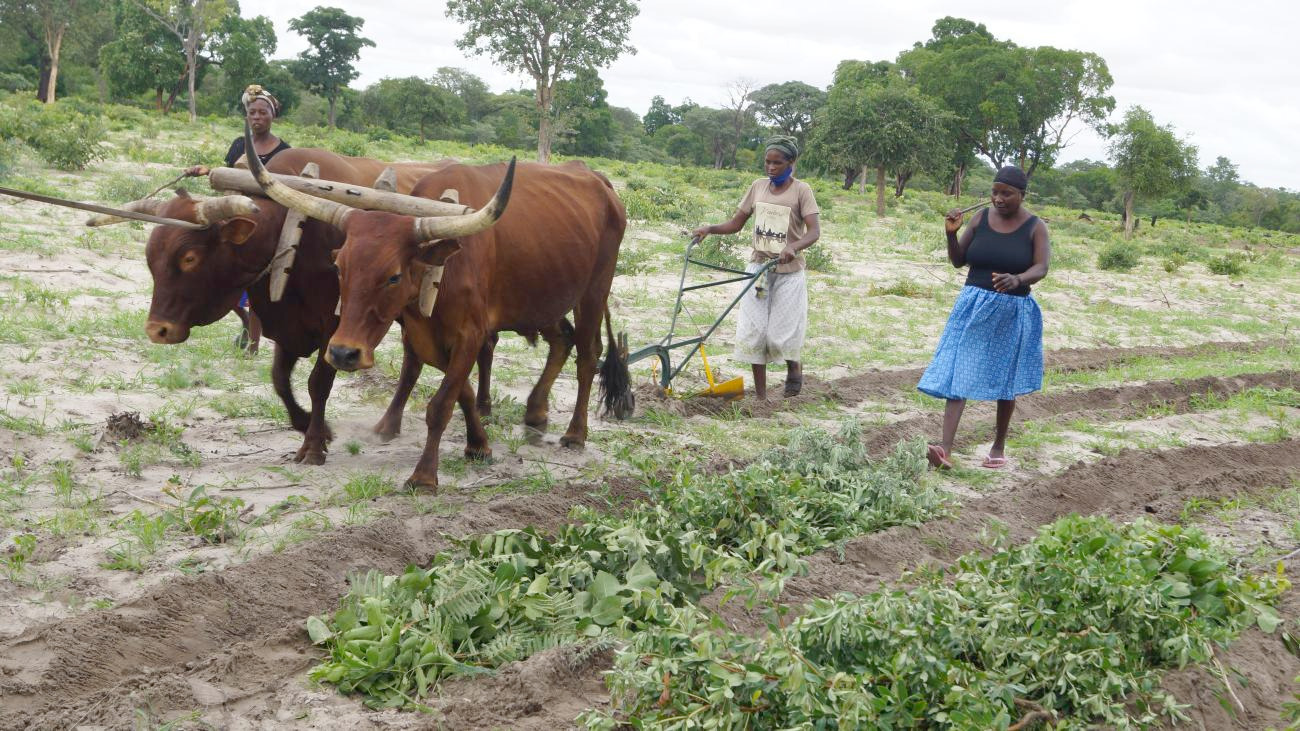Environmental education and education for sustainable development in Namibia is vital.
This was said by the deputy environmental commissioner, Caroline !Garus-Oas, at the two-day ninth annual Namibian Environmental Education Network (Neen) conference held at the Hardap Dam outside Mariental on 6 and 7 October.
She said this type of education includes addressing climate change, energy decarbonisation and creating green and blue economies.
It also acts to protect the variability of ecosystem services, and ensures environmental justice.
“Environmental education and education for sustainable development should take a leading role in delivering a literate population that is capable of evaluating numerous policy options and offer solutions for sustainable development at local, national, regional and international level,” she said.
!Garus-Oas said Goal 4 of the United Nations’ Sustainable Development Goals (SDG’s) maintains that quality education locates sustainable development as an organising framework for curriculum planning, and this should spread to other SDGs.
The conference was held under the theme ‘The Role of Learning and Agency in the Transition on the Decarbonisation of the Namibian Economy and the Attainment of the Sustainable Development Goals’.
!Garus-Oas applauded Neen for producing novel environmental concepts that broaden the scope of environmental education and awareness through collaborative efforts.
She said the government is committed to the promotion of environmental education and education for sustainable development, and has a national policy on both, while the Ministry of Environment, Forestry and Tourism has environmental education centres countrywide.
Neen chairperson, Zacharias Dimongo said the annual conference provides a platform to environmental educators, environmentalists, conservationists and pupils to share ideas on the importance of environmental education and education for sustainable development.
He said it is the wish of Neen to be a fully fledged environmental education body with its own office, but a lack of financial resources has been prohibiting the network from accomplishing this.
Alex Kanyimba from the University of Namibia and a Neen executive member said some of the network’s major achievements include the setting up of the Neen website, having a support institution in the environment ministry, having a bank account which is managed by the Namibia Nature Foundation, and having a WhatsApp group.
Ehrens Mbamanovandu, the education sector head at the United Nations Educational, Scientific and Cultural Organisation in Namibia, said some of the first initiatives to support environmental education and education for sustainable development in Namibia includes the Supporting Environmental Education in Namibia project, which was preceded by several other interventions.
He said these projects have made significant contributions to the educational reform and the implementation-centred approach to education.
Stay informed with The Namibian – your source for credible journalism. Get in-depth reporting and opinions for
only N$85 a month. Invest in journalism, invest in democracy –
Subscribe Now!










